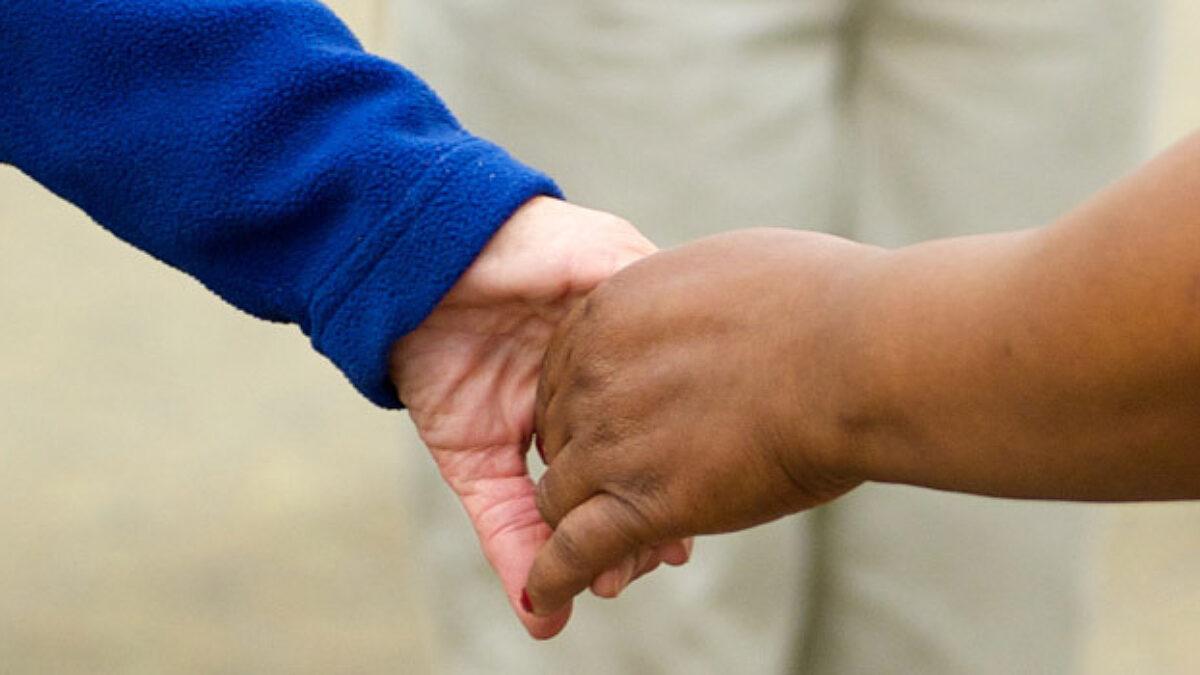
Advocate’s South Carolina Stories of Racial Awakening Project: Narrative 17
Black lives matter
By Bill Dowler
Editor’s note: The following is the 17th narrative accepted for publication in the Advocate’s South Carolina Stories of Racial Awakening Project. Submit your own narrative and receive $50. See guidelines, here.
I grew up in southern Missouri, the Ozarks, born in 1932, so I had no contact with blacks until college (1950) and then in the Army. In fact, I learned that as I was growing up, blacks were not allowed to remain in our county overnight; I don’t recall even seeing a black person in the area.
Even when I started college I had no close contact with those other than white. I just accepted my white privileges and let the blacks be in their “place,” not really considering the inequities they faced. I didn’t consider myself racist, but I felt blacks were of less importance than whites.
My first “awakening” was when I moved to Clemson in 1961 to take my first job as a plant pathologist. We found the remnants of segregation; for example, separate entrances were identified for the doctor’s office, and there were separate water fountains. That was when I began to realize the significance of how whites felt about blacks. However, by this time there were more situations where blacks and whites were working together, and I felt comfortable having blacks as friends.
I will always be thankful to the president of Clemson University for the manner in which he handled the entry of the first black, Harvey Gantt, to the university. That incident had a significant influence on me; I realized that if the president of the university could accept change, then perhaps I could, as well.
Another eye-opening event was when my white college friend told me of the trials and tribulations he faced when he took a mixed group of students from the University of Missouri on an educational trip through the Southeastern states in the 1960s. He related the troubles he had finding places to eat, a place to spend the night and the outright hostility the group faced in their travels. I thought by that time we were integrated and that eating and sleeping would not be a problem. How naïve can you be!
My time in the Army helped my feelings toward other races in a positive way. I worked with officers and men of different colors as well as different economic backgrounds. We had to depend on each other, and the color of your skin or your place of origin made no difference. That was perhaps the most equalizing event that helped me realize how little difference there was with people; we were primarily interested in doing a good job, staying alive and getting enough to eat.
We know that 11 o’clock Sunday morning is the most segregated time in America. We talk a lot about mergers and joint services, but that does not appear to be happening; we each like different styles of worship, and there is nothing wrong with that. But what is required is respect for each other and a willingness to discover how to exist together harmoniously.
I still struggle with the “white privilege” situation and cringe at the shooting of blacks by police officers. We talk a good game, but our actions do not support our words. I hope we can change our ideas and realize that we can do a better job treating our neighbors as we would like to be treated.
Dowler, 84, is a white male member of Clemson United Methodist Church, Clemson.